Hong Kong, Asia’s top financial centre was paralysed after what appears to be the most violent political protests since the 1997 handover exploded. The third largest financial centre in the world as of 2014, behind only to New York and London as measured by Global Financial Centres Index, was in total chaos after pro-democracy activists and demonstrators clashes with the island’s police.
Initially, there were only hundreds of protesters made primarily of students. School and university students have joined the protests in recent days, boycotting classes this past week. Soon, the numbers quickly increase to the thousands. On Thursday, about 2,000 university students held a night-time protest at the house of the Hong Kong leader, Chief Executive C.Y. Leung.
The students’ boycott was planned as a prelude to a larger demonstration due on 1 October, organised by Occupy Central. However, one thing leads to another, and before everyone knows it, the Occupy Central event was brought forward four days earlier to Saturday, 27 September – and all hell breaks loose. Police who used pepper spray initially changed weapons to tear gas to control and intimidate undeterred demonstrators.
Sounds familiar? Sure, because the scenario happened to Malaysian Bersih movement, with the latest Bersih 3.0 rally occurred two years ago in 2012. While Hong Kong demonstrators were greeted with pepper spray, double-digit arrests and tear gas, Malaysians were treated with tear gas, water cannon, triple-digit arrests, on the spot police beatings, public transportation lock-down and whatnot.
But what was it that the “generally prosperous” Hong Kong people want from such demonstrations? Occupy Central is a civil disobedience movement launched by democracy activists in Hong Kong who want political reform and democratic elections that meet international standards. Amusingly, if a democratic country (though a fake one) like Malaysia would not tolerate any “clean elections”, do they (Hongkies) think a communist Beijing would grant them that?
Here’s what triggers the demonstration in Hong Kong which soon turned to violent. When the city was returned to China in 1997, the deal was to agree to a “One Country, Two Systems” for 50-years to the 7 million Hong Kong people. That was the agreement between the British government and the Chinese government. This allows Hong Kong the special privileges of independent judiciary and financial system, freedom of the press and the right to protest – something which mainland Chinese can only envy.
The next elections is due in 2017. And Hong Kong people will get to choose their next leader, openly and democratically, at least that was what is expected. But last month, August, China dropped a bombshell – while direct elections in 2017 is allowed, voters will only be able to choose from a list of pre-approved candidates. It was like saying if you don’t like PM Najib now, you can choose from a menu list which consists of – Ibrahim Ali, Zulkifli Noordin and Shahrizat Jalil – as your next prime minister (*grin*).
Hence, the latest ruling from Beijing was seen as the last straw that broke the camel’s back. It has united all movements, where its supporters have not always been united in their demand for democracy. In the past, some supporters prefer softer reforms as they didn’t want to upset the mighty Beijing. But not anymore, and the crisis over the weekend proves that. However, the Chinese Communist Party is not expected to back down as it would be perceived to be losing face and authorities.
Needless to say, Hong Kong’s current chief executive, C.Y. Leung, who is considered as one of Beijing’s cronies, has been working around the clock persuading the island’s 5 million registered voters to surrender and accept Beijing’s deal (or rather command?). Close to 80 people were arrested, but Leung defended police efforts in opposing the “unlawful” occupation. Hey, wasn’t that the same statement used by Malaysian government during the past rallies?
The question remains whether Beijing sees Hong Kong as another easy meat which could be intimidated with another round of military prowess. Judging from how Chinese people would normally choose financial stability over democracy, Beijing might choose to unleash its powerful People’s Liberation Army. If the Tiananmen Square in 1989 is any indicator, hundreds of Hong Kong students and demonstrators may find their burial grounds if Beijing goes bonkers.
For now, Beijing-controlled medias are slapping the demonstrations with labels such as “illegal movement”, “ruining Hong Kong image”, “radical opposition”, and whatnot. But the tens of thousands of peaceful democracy protesters are expected to continue their fight. And as long as they do it peacefully, the technology-savvy demonstrators believe Beijing will think twice about rolling their tanks crushing innocent people. They should thank their lucky star that police didn’t beat the heck out of them, just like how Malaysian’s did.
Other Articles That May Interest You …
- Revealed! Opium-Laced Noodles – Blame It For Your Positive Drug Test
- Here’s The Latest Hot Item Chinese & Taiwanese Tourists Are Snapping – Randoseru
- Between Devil & Democracy, The Devil Got Chosen – So Help Us God
- Jack Ma Kept Talking “Trust” – Did He Try To Signal He Won’t Scam Your Money?
- Meet Billionaire Stephen Hung, Who Just Ordered 30 Rolls-Royces For Louis VIII
- Exposed! Food Scandal – Hong Kong, Macau & Taiwan Use “Gutter Oil”
- Alibaba’s Jack Ma Is China’s Richest Man. Here’s Top-5 Richest People In China
- China To Become New Economic Powerhouse in 2016?

|
|
September 29th, 2014 by financetwitter
|


|

|

|

|

|

|






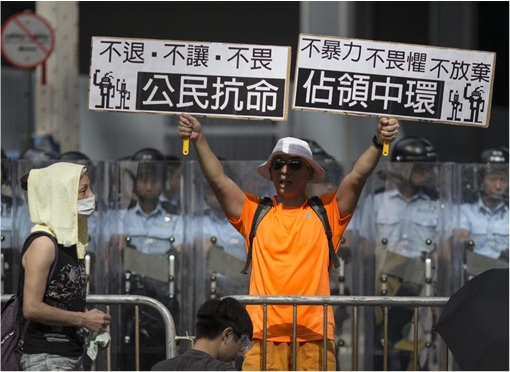
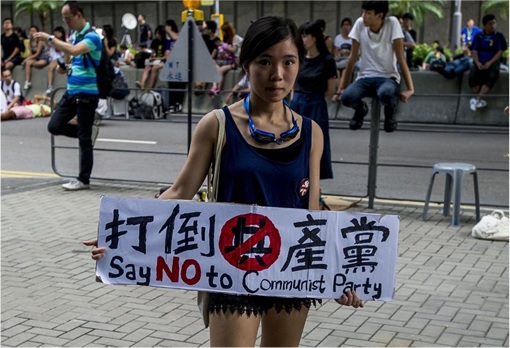

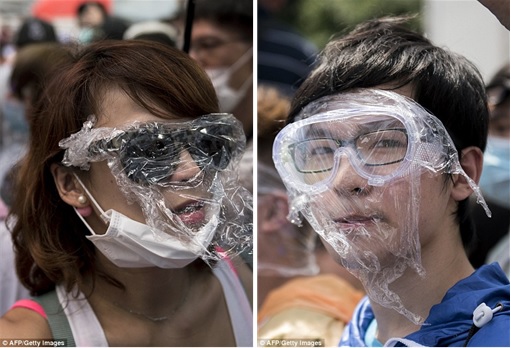
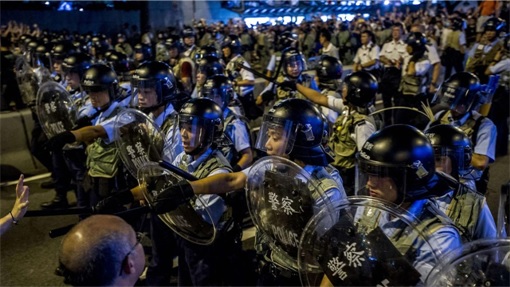
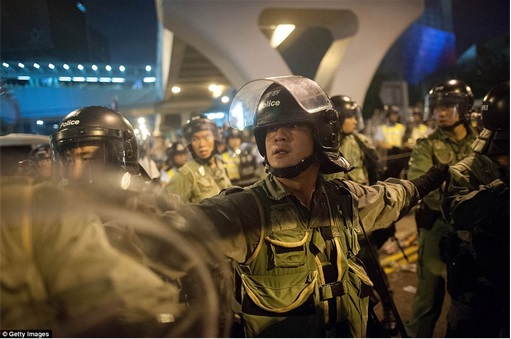
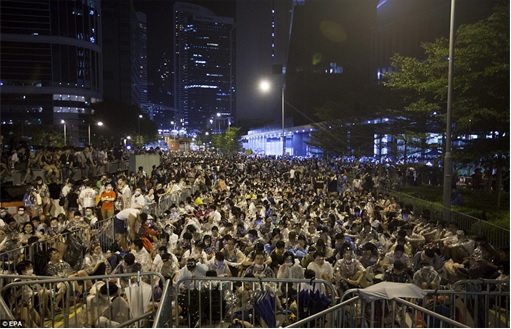
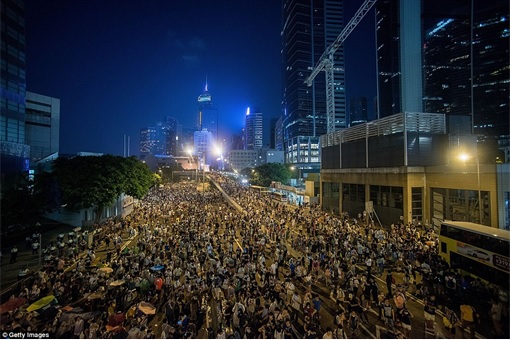
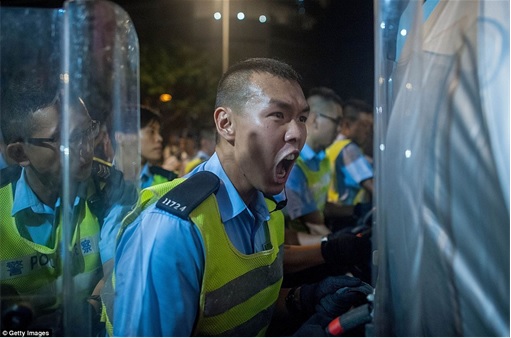


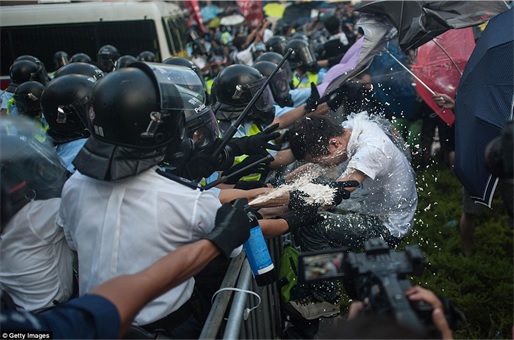
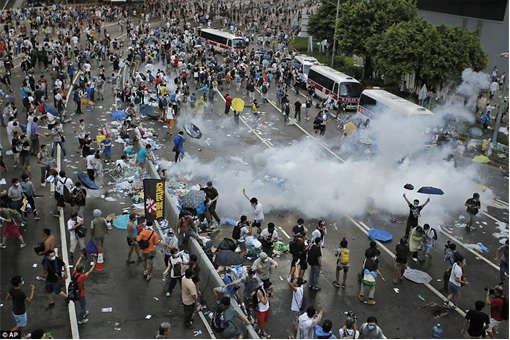
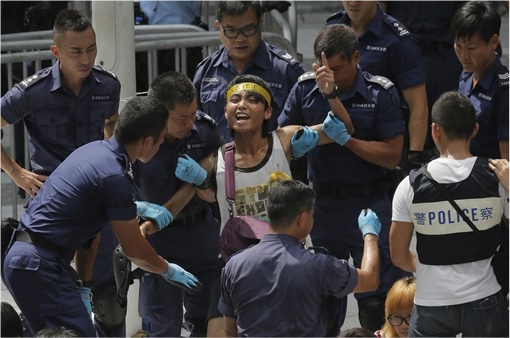
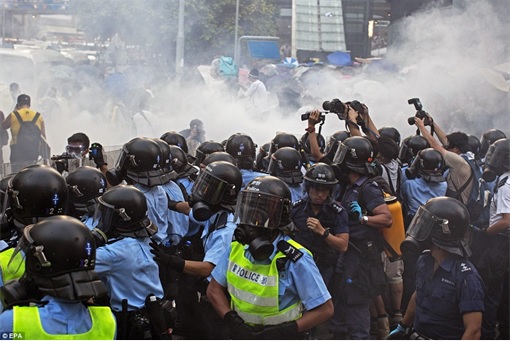
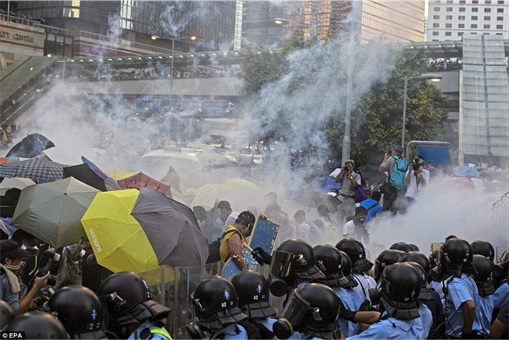

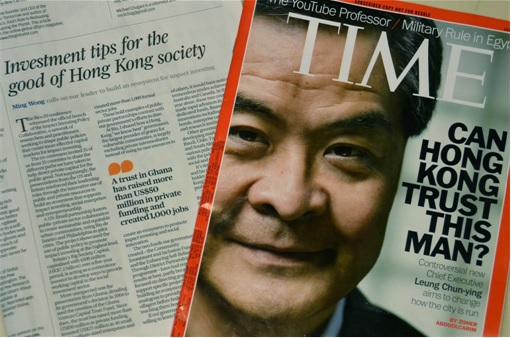
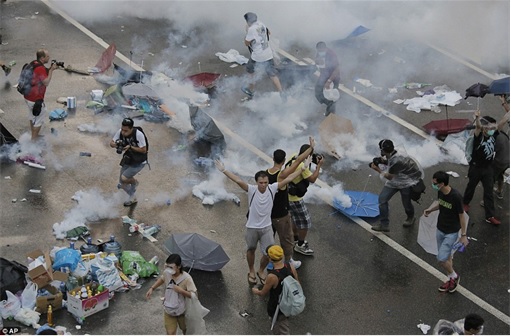
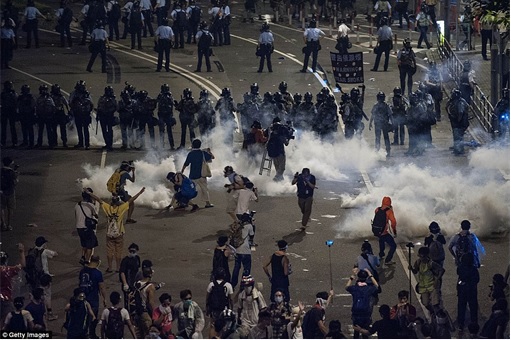
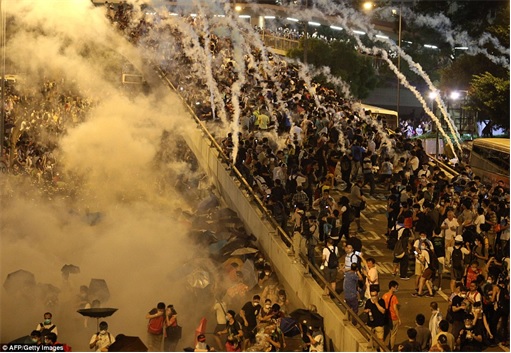
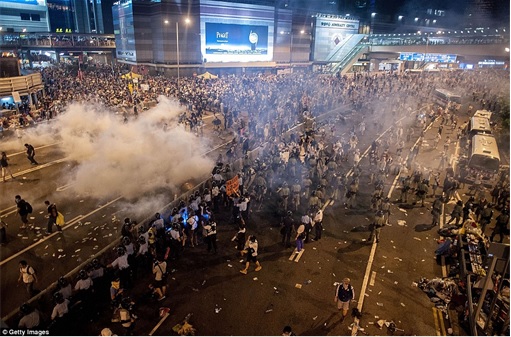






















“… voters will only be able to choose from a list of pre-approved candidates …”
Perhaps you may wish to clarify to others that Hong Kong people can still decide how they want to pre-screen the candidates, for instance, they can still decide the composition of the 1,200 reps who will ‘pre-screen’ the candidates. The government has just completed the first of 5 steps in the public consultation process. So, all is not lost yet because public input is required in the rest of the steps.
Also what is unique about the current election process is that so long as you are a permanent resident, you can register as a voter, even if you hold a foreign passport at the same time i.e. a US citizen can also vote!!! This is not allowed in a lot a matured democracies.